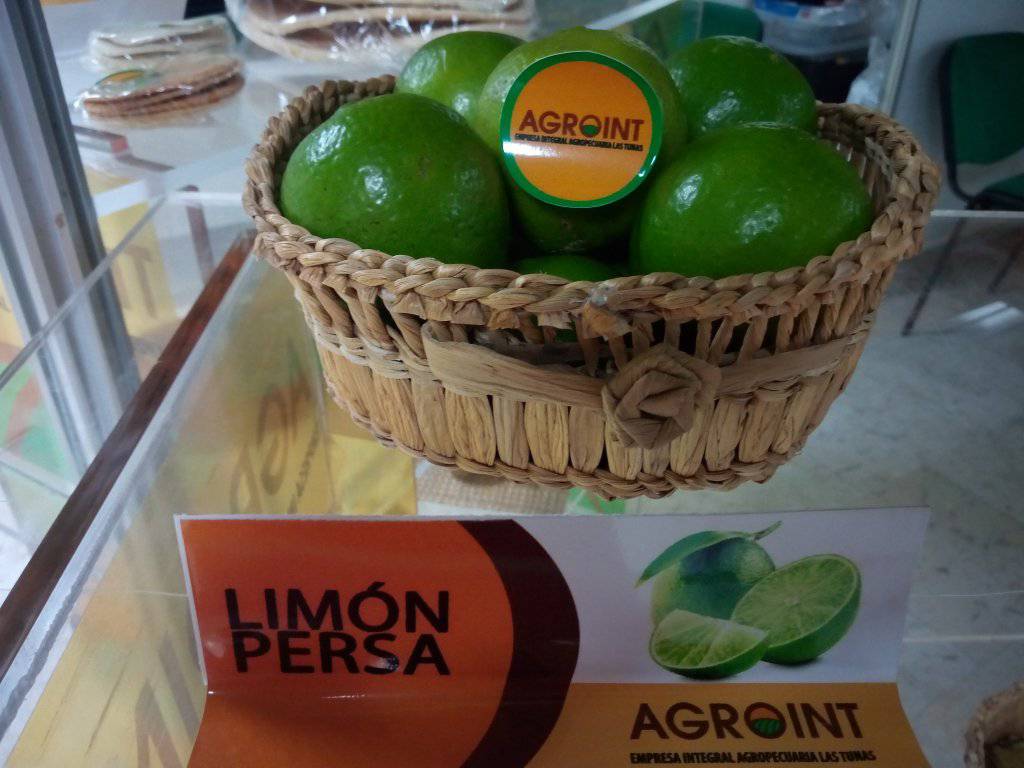
La Ana Rosa farm, in the southern municipality of Amancio, looks like something out of a work of art, but the hustle and bustle that takes place in its two caballerias of land makes possible the harvest of various crops among which stands out the Persian lemon, a product that Las Tunas offers for foreign trade.
Its protagonists, the married couple Gustavo Adolfo Betancourt Reyes and Mairolys García Jiménez agree that the key to success is the daily work in the fields because Gustavo himself says that, in his opinion, this is a problem that persists in Cuba, the work by campaign; in "La Ana Rosa," they work hard every day of the year.
Nearly a thousand mango trees of the best quality, guava, a perfectly organized papaya plantation, and some other intercropping, such as banana and coffee, make up the 26 hectares of the family farm.
I started with lemons about 12 years ago, after the passage of several cyclones that wiped out this plantation in the territory, and so far we have managed to develop the Persian variety in one hectare that is already in production and another one in preparation, Betancourt Reyes told the Cuban News Agency (ACN, by its Spanish acronym).
I am a daily fighter, stressed the Biology graduate who also has two hectares ready to expand the planting of guava, as part of the IRES Project, aimed at increasing climate resilience in rural communities in the south of Las Tunas, where three of the seven Cuban municipalities most affected by this natural phenomenon are located.
The AGROINT Las Tunas Integral Agricultural Company, which has become an exporting entity par excellence in this eastern Cuban province, is betting on the insertion of Persian lemons in foreign trade, a project in which "La Ana Rosa" plays a decisive role.
In this sense, Mairolys García Jiménez meant the intention to continue developing this crop, an ambitious commitment due to the characteristics and demands of this plantation that some years ago, forced her to abandon her professional life as a marine biologist and law graduate to devote herself completely to life as a peasant producer.
"La Ana Rosa," with sufficient capacity for the delivery and processing of large volumes of mango, which is sometimes lost due to the lack of raw materials such as sugar, could be inserted in a project between Agroint and the University of Las Tunas aimed at developing houses for the dehydration of fruits for better use and use in the international market.





